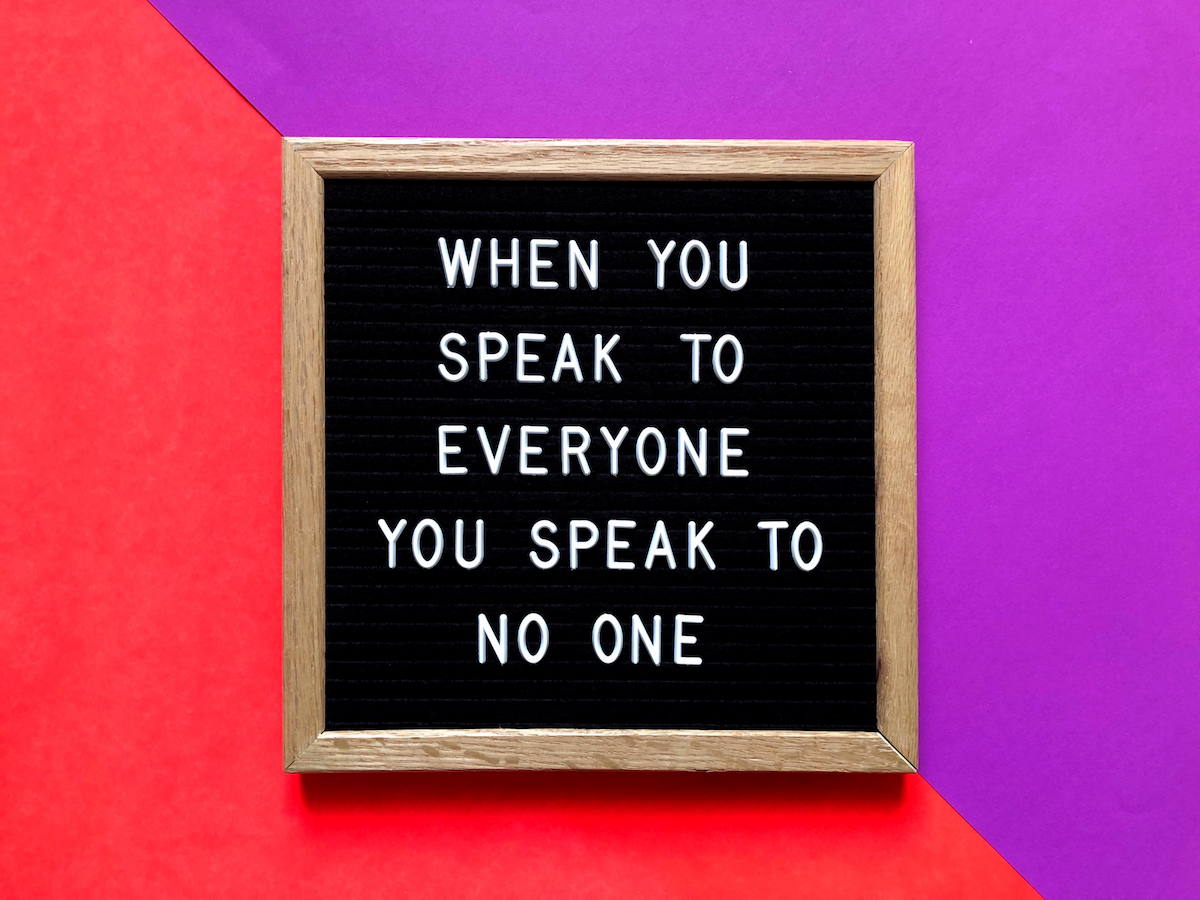The era of one-size-fits-all event marketing is long behind us. Today, personalization is the key to creating memorable experiences that resonate with attendees. With 91% of consumers more likely to engage with brands that provide personalized offers and recommendations, according to Accenture, the importance of personalization in event marketing cannot be overstated.
The Role of Personalization in Event Marketing
Personalization in event marketing involves tailoring the event experience to the unique preferences and needs of each attendee. This could involve customizing the event content, activities, communication, and even the rewards based on individual attendee profiles.
When attendees feel that the event is tailored to their interests, they are more likely to engage, participate, and remember the experience. From personalized event agendas to individualized follow-up communications, personalization can significantly enhance the overall attendee experience.
Moreover, personalization isn’t just about enhancing the attendee experience; it’s also about creating a deeper connection between the attendee and the brand. When attendees have a personalized experience, they feel valued and understood, fostering a deeper emotional connection with the brand.
Leveraging Technology for Personalization
One of the key enablers of personalization in event marketing is technology. Advanced data analytics tools can help event marketers collect and analyze attendee data to understand their preferences and behaviors. This data can then be used to create personalized event experiences.
For instance, if the data shows that a group of attendees is particularly interested in a specific topic, the event marketer can customize the agenda to include more sessions on that topic. Similarly, if the data reveals that certain attendees prefer interactive sessions over presentations, the event marketer can incorporate more interactive elements into the event for those attendees.
Personalization in Post-Event Engagement
The power of personalization extends beyond the event itself. Personalized post-event communications can significantly enhance post-event engagement, turning one-time attendees into loyal brand advocates.
For example, event marketers can send personalized follow-up emails to attendees, thanking them for their participation and providing them with content that aligns with their interests. They can also use the data captured during the event to tailor their future marketing communications to each attendee’s preferences.
The Future of Personalization in Event Marketing
As technology continues to advance, the opportunities for personalization in event marketing are set to grow. With the rise of artificial intelligence and machine learning, event marketers will be able to create even more personalized experiences, predicting attendee preferences and delivering tailored content in real-time.
In the realm of event marketing, personalization is no longer a nice-to-have; it’s a must-have. Event marketers that succeed in creating personalized experiences will be the ones that stand out from the crowd, creating memorable experiences that resonate with attendees and foster long-term brand loyalty.
In today’s digital age, personalization is the key to successful event marketing. By understanding attendee preferences and tailoring the event experience to their needs, event marketers can create memorable experiences that resonate with attendees and build deeper brand connections. With the power of personalization, event marketers can take their events to the next level, delivering value that extends far beyond the event itself.
